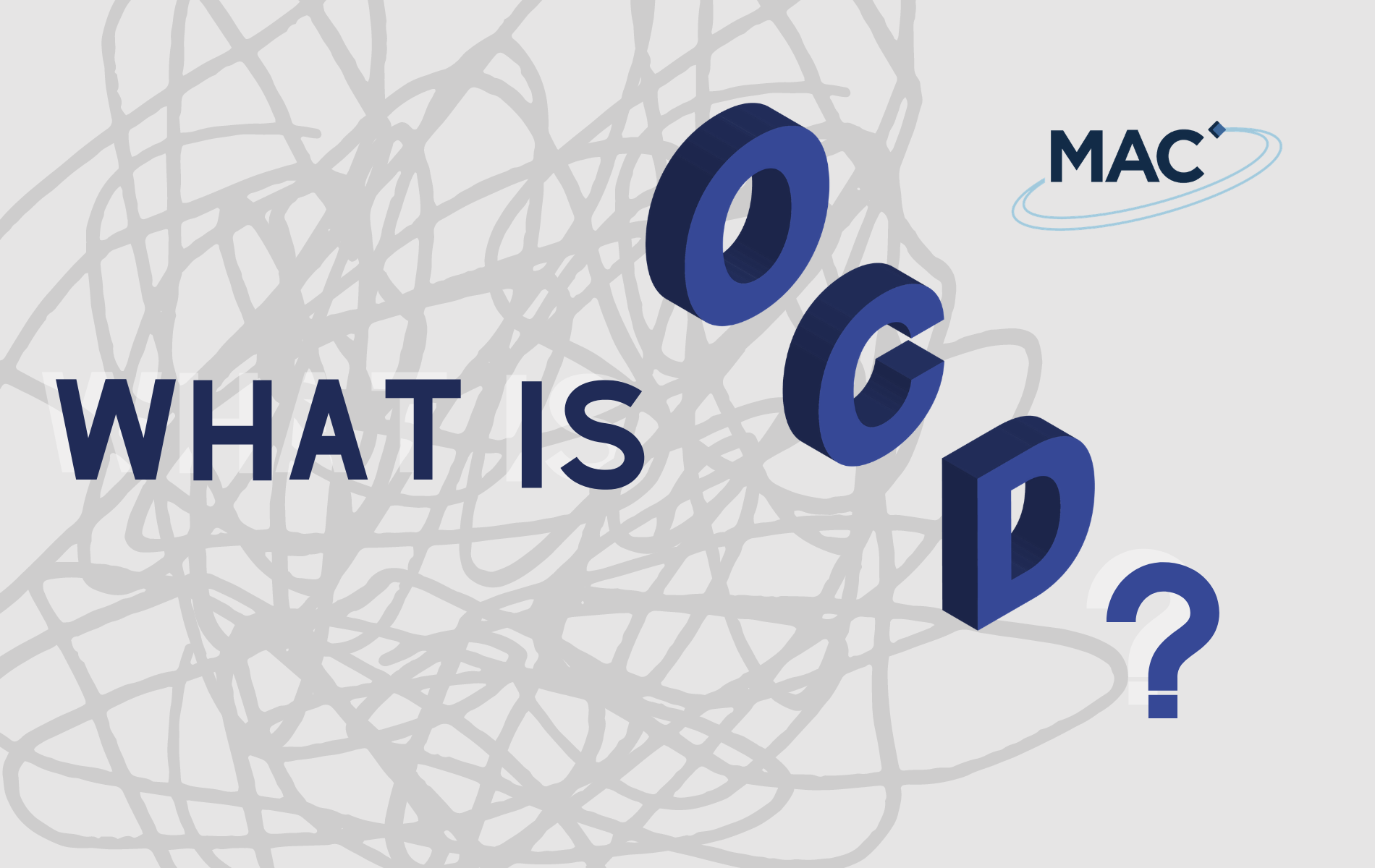Obsessive-Compulsive Disorder (commonly referred to as OCD), is a mental health condition that affects around three quarters of a million people in the UK. People with OCD experience frequent, recurring thoughts (obsessions) and repetitive behaviours (compulsions) that they cannot control. OCD can be distressing and seriously interfere with day-to-day life, with many people feeling embarrassment or shame, and experiencing stigma associated with their intrusive thoughts that have no rational basis and repetitive behaviours to reduce the distress.
OCD and its triggers
OCD is an anxiety related neurobiological disorder and likely has a big impact on the life of those who have the condition. Symptoms of OCD can begin following severe trauma and stressful situations (even positive events) often worsen these symptoms.
OCD can take many forms, such as:
- Intrusive thoughts
Thoughts that are repetitive, disturbing, and often repugnant in nature)
- Contamination
Obsessional worry of being dirty and often fear that contamination will cause harm and mental contamination, which is often evoked when someone feels badly treated i.e. critical or verbally abusive remarks (the source is almost always human)
- Checking
Checking is often carried out multiple times causing significant impact on a person’s life. Examples include checking the door is locked or checking all appliances are switched off.
- Symmetry and Orderliness
This can be very time consuming and may avoid social contact at home to prevent the symmetry/order being disrupted.
- Ruminations
Prolonged thinking about a question or theme that is undirected or unproductive (often indulged rather than resisted)
- Homosexual OCD
Although there is no official medical meaning for this phrase, people who experience this form of OCD results in obsessional fears that they are of a different sexual orientation.
- Paedophile OCD
Again, there is no official medical meaning for this phrase, but it is used by people in the OCD community and relates to obsessional fears of being a paedophile and having intrusive thoughts about children.
- Relationship OCD
This is another phrase often used by people in the OCD community referring to Obsessions over relationships.
Living with OCD
According to the World Health Organisation (WHO), OCD is one of the top 20 causes of illness-related disability worldwide.[1] Most people who have OCD realise that their obsessions have no rational basis, however they feel compelled to perform their compulsions to relieve their anxiety and discomfort.
People with OCD often feel ashamed of their obsessive thoughts, isolated and lonely, as many OCD sufferers feel misunderstood and may hide their OCD from others. People without OCD can experience minor obsessions, such as wondering if they locked the door, and compulsions like not walking under scaffolding, however these thoughts and behaviours are usually short-lived and don’t significantly interfere with daily life.
There are many misconceptions about OCD, such as thinking OCD is being organised and tidy or describing themselves as “a bit OCD”. This trivialisation of the condition can be very frustrating to those who have OCD and the time and energy that gets spent on the anxiety-inducing obsessions and compulsions.
“It’s not about being tidy, it’s about having no control over your negative thoughts. It’s about being afraid not doing things a certain way will cause harm.”[2]
OCD Treatments
Treatments for OCD include
- Talking Therapies
- Cognitive behavioural therapy (CBT)
- Exposure and response prevention (ERP)
- Selective serotonin reuptake inhibitors (SSRIs)
- Clomipramine (a tricyclic antidepressant)
Whilst some people with OCD find that one or a combination of these treatments help, there are many who feel helpless to this disorder as treatments are not effective enough to fully improve symptoms. In fact, up to 60% of people do not experience sufficient relief with drug treatment.
MAC Clinical Research are currently researching into Troriluzole for OCD in our latest clinical study. Troriluzole is thought to target a different signalling pathway in the brain to current OCD treatments to help control obsessive or compulsive behaviours. The study will run at our clinics in Greater Manchester, South Yorkshire, West Lancashire, and Merseyside, and we are currently accepting applications for participants to join this study. With your participation, you may be able to contribute to scientific research which may lead to a new medicine being available to help people suffering from OCD.
You may be able to take part if you meet the following criteria:
- Aged 18-65
- Have had OCD (or OCD symptoms) for at least 1 year.
- Feel your current medication is not fully working.
*other eligibility criteria may apply.
You will receive £490 upon completion of the trial and, if the treatment works you may be allowed to continue taking it (open label extension) for up to a year.
If you would like to find out more about our OCD research or register your interest in this study, visit https://researchforyou.co.uk/obsessive-compulsive-disorder-study/ or call UK Freephone 0800 633 5507.
[1] https://beyondocd.org/ocd-facts
[2] https://www.mind.org.uk/information-support/types-of-mental-health-problems/obsessive-compulsive-disorder-ocd/about-ocd/






